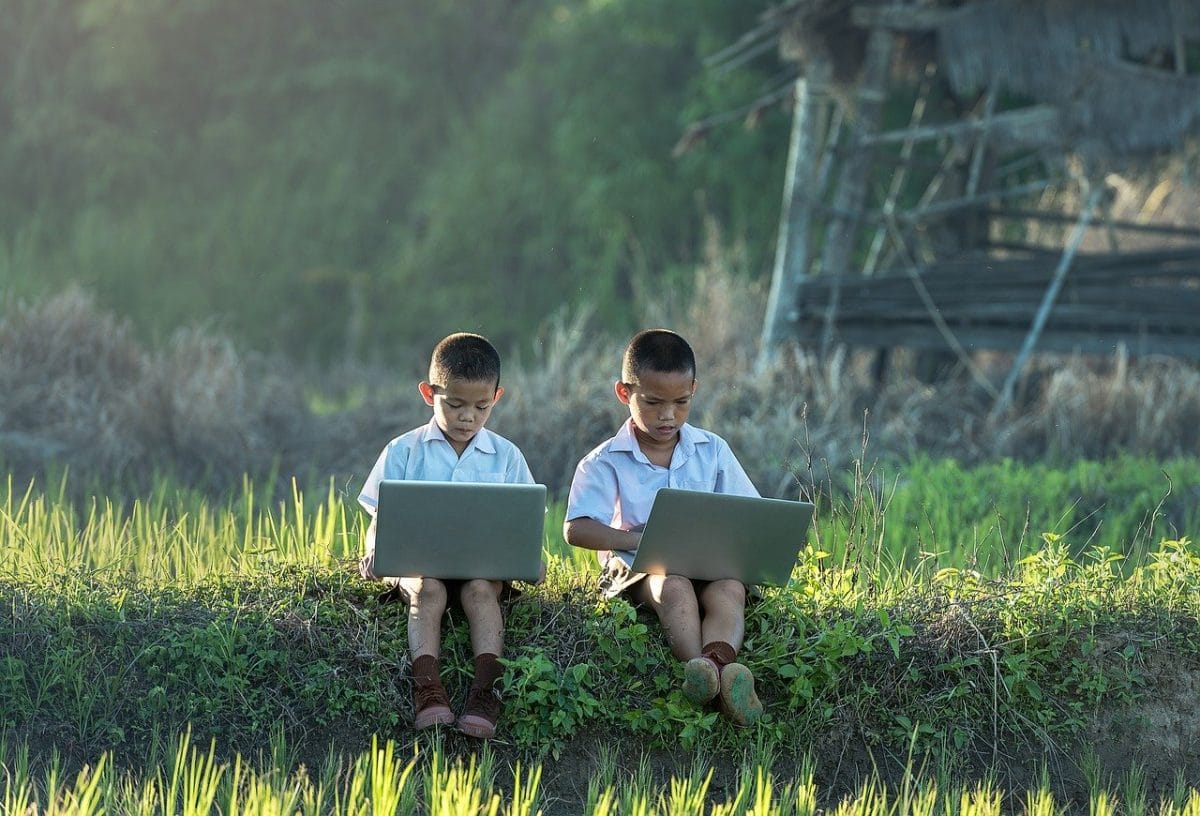
As expected, the use of social networks by children and adolescents has risen, compared to last year's data. Specifically, it amounts to 170% during confinement. The most used networks have been Instagram, TikTok, and Snapchat.
Children between the ages of 4 and 15 have spent an average of more than two hours to social networks. The study Apps and digital natives: the new normal, which has revealed this data has been carried out by Qustodio. 60.000 families from Spain, the United Kingdom and the United States, with children between 4 and 15 years old, have participated in it. It focuses on 4 main categories: online video, social networks, video games and education.
Instagram, other networks and minors in Spain

Instagram is favorite social network of Spanish minors who are up to 15 years old. Almost half of them use it, 47,7 percent. It is followed by TikTok, 37,7 percent and Snapchat 24,1 percent. The average number of minutes that the girls have used Instagram during confinement is 72 minutes a day.
The growth of the Chinese application is significant TikTok which has shown greater growth throughout the year. There has been a 150 percent increase. Parents and different experts have asked that the access of the app be uploaded until the age of 16. In February of this year, HouseParty was only used by 0,2 percent of children, during confinement it has risen to 20 percent.
For the topic of video viewing YouTube continues to make a difference. 70% of children access YouTube, even using it as a platform to watch television content. What most worries most parents, given this increase in the use of social networks, and applications are the consecuencias anxiety, depression or sleep problems, which in turn lead to worse management of emotions in children and adolescents.
Google Classroom and applications to play on mobile

This study also analyzes distance education, online. Google Classroom it has been the leading application in Spain, with 65% of the share. Other complementary applications are Duolingo, for language learning, and Photomath, for solving equations.
The funny thing is that while social media consumption is higher during school hours, in general. The average connection time to educational apps is insignificant compared to the rest of the categories. This could be because of the bias that accompanies communication apps in classrooms, where children sign in to do their homework.
As for video games During the confinement of Covid-19, minors have consumed around 81 minutes a day. As we have commented in other articles, the abuse of video games contains important dangers, related to addictive content. Among them the loot box, or loot boxes, an incentive mechanic that can lead to an increase in cases of gambling in children.
Social media and pedophilia

One of the issues on which UNICEF Spain has warned about social networks is the increase in self-produced material by teenagers which is then used by pedophiles. Teenagers and girls use Tik Tok, without any sexual pretense, which increases the risk of being caught by pedophiles.
Confinement and social distance has enhanced some practices by teensLike sexting, this is sharing sexual material through social media. This increases the chances of them being sextorted, a form of sexual exploitation that includes blackmail.
In some cases this sexual content It is produced by the children themselves in their rooms, while their parents think they are safe. However, they may be being used or pressured to send photos, videos or even online streams of sexual content.
Many experts miss a more direct collaboration of the big social platforms, like Facebook, Twitter, Instagram, with the justice and national security forces. Because they are not obliged to provide information on this type of action.